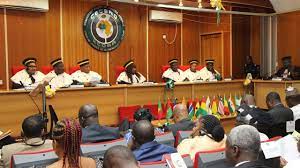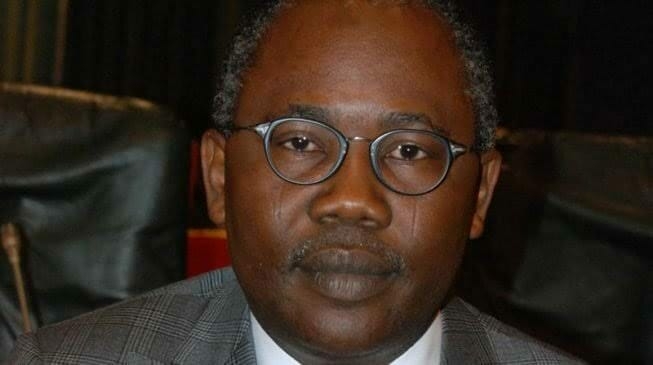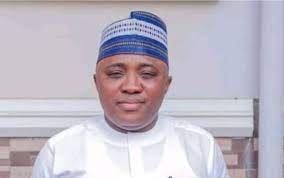The True Whig Party (TWP) of Liberia filed a lawsuit against the Republic of Liberia at the ECOWAS Court of Justice, claiming that Liberia had violated its rights to property, a fair hearing, and an effective remedy.
The court stated in its ruling that it had the authority to hear the case. The Court found that the application was admissible but that the Republic of Liberia had not violated the applicant’s right to property.
The applicant’s attorney claimed that the True Whig Party, which had been in power since Liberia’s independence in 1869, was created in 1869, officially recognized as a political body in Liberia, and deposed in 1980 by the Armed Forces of Liberia (AFL).
The party claimed that 13 of its members were executed without due process, and that the Peoples Redemption Council (PRC), a self-styled military government, had seized the E.J. Roye Building, where the party had its headquarters.
The applicant claimed that the respondent did not return the confiscated building and had rejected its offer to purchase the property for $600,000. This was despite a modification to the decree allowing the return of the property.
It went on to say that later, the respondent signed a dubious MoU with former party members who got $130,000 in 2013 despite the fact that their terms had ended.
The applicant said it also contested the respondent’s intention to convert ownership of the property to that of the National Oil Company (NOCAL), a state agency.
It claimed that its rights under the Liberian Constitution, the African Charter on Human and People’s Rights, and international treaties had been breached by the confiscation.
The applicant filed a petition asking the court to rule that the forcible seizure of the E. J. Roye Building in Monrovia, Liberia, was unconstitutional. It also asked the court to order the defendant to pay the plaintiff $10 million in aggravated and general damages.
The respondent, the Republic of Liberia, admitted that its government had killed party leaders and seized their assets, including the party’s headquarters building.
The respondent said it sought reconciliation when it provided a gratuitous payment of $225,000 for the party’s removal and rebuilding and insisted the applicant was obligated by the MoU, stating the applicant had leased the land to another firm.
It argued that the application was an abuse of court process and sought the court to rule that it was inadmissible because of a previous ruling by the Supreme Court of Liberia on the same topic.The court ruled that the applicant did not provide sufficient evidence to establish that the respondent had infringed the applicant’s right to a fair hearing, as stipulated by Article 7 of the African Charter.
The court ruled that the applicant did not provide sufficient evidence to prove that the respondent had violated the applicant’s right to property (ownership of the E.J. Roye Building), as guaranteed by Article 14 of the African Charter.
Justice Dupe Atoki, who served as the Rapporteur Judge, issued the ruling. Justiciars Ricardo Cladio Monteiro Gonçalves and Sengu M. Koroma also served on the panel.



